Both Chapel Hill and Carrboro apply for federal grants each year that could allow the towns to expand, create and make life better for residents. But after Trump signed an executive order limiting federal money that sanctuary cities are eligible for, it left questions of which cities and towns those are.
Chapel Hill Mayor Pam Hemminger said Chapel Hill is still eligible to apply for federal grants, because it isn’t technically a registered sanctuary city. She said instead, the town has a community value that includes inclusivity.
“As far as I know, we’re not applying for grants that require you to not have a policy or to have a policy,” she said. “So we don’t have that written policy. We have, like I said, it as a community value. I’m not concerned about that. We are concerned about other cutbacks and things.”
Sanctuary cities are jurisdictions that limit local law enforcement cooperation with federal immigration agents. Such cities are registered with the Center of Immigration Studies. Registered cities include Boston, New York City, New Orleans and Chicago among others.
Carrboro Mayor Lydia Lavelle said there are no sanctuary cities in North Carolina, because the state has outlawed them in all cities, counties and districts.
“In North Carolina, we don’t even have the authority to do it,” she said. “But we’re trying to do what we can within the strange bounds of the law in North Carolina, but reassure our citizens and our residents that they don’t have anything to fear from that end from the town of Carrboro.”
Lavelle said the town operates similarly to Chapel Hill in that it’s welcoming to everyone from all backgrounds, but even so, it’s not a sanctuary city. Lavelle added that if an outside group comes to Carrboro and threatens to pull funding based on “sanctuary city” status, she would ask them to show what ordinance or law makes Carrboro a technical “sanctuary city.”
Hemminger said within Chapel Hill and Carrboro, she and other community leaders will continue to work to remain welcoming.
“Communities get to choose how they enforce things, and how they create things,” she said. “If you are applying for federal monies, that can come into play. But we don’t have a policy that’s anti or for, we just have a community value that says, ‘Yes, we’re open to everyone.’”
Related Stories
‹
![]()
Chapel Hill, Carrboro Score Highly for Support of LGBTQ CommunitiesBoth towns of Chapel Hill and Carrboro recently received high scores in the 2019 Municipal Equality Index. The index measures a town’s efforts in LGBTQ inclusion in terms of municipal law, policies and services. Many companies refer to the Human Rights Campaign report when considering relocation and expansion. Chapel Hill mayor Pam Hemminger says while […]
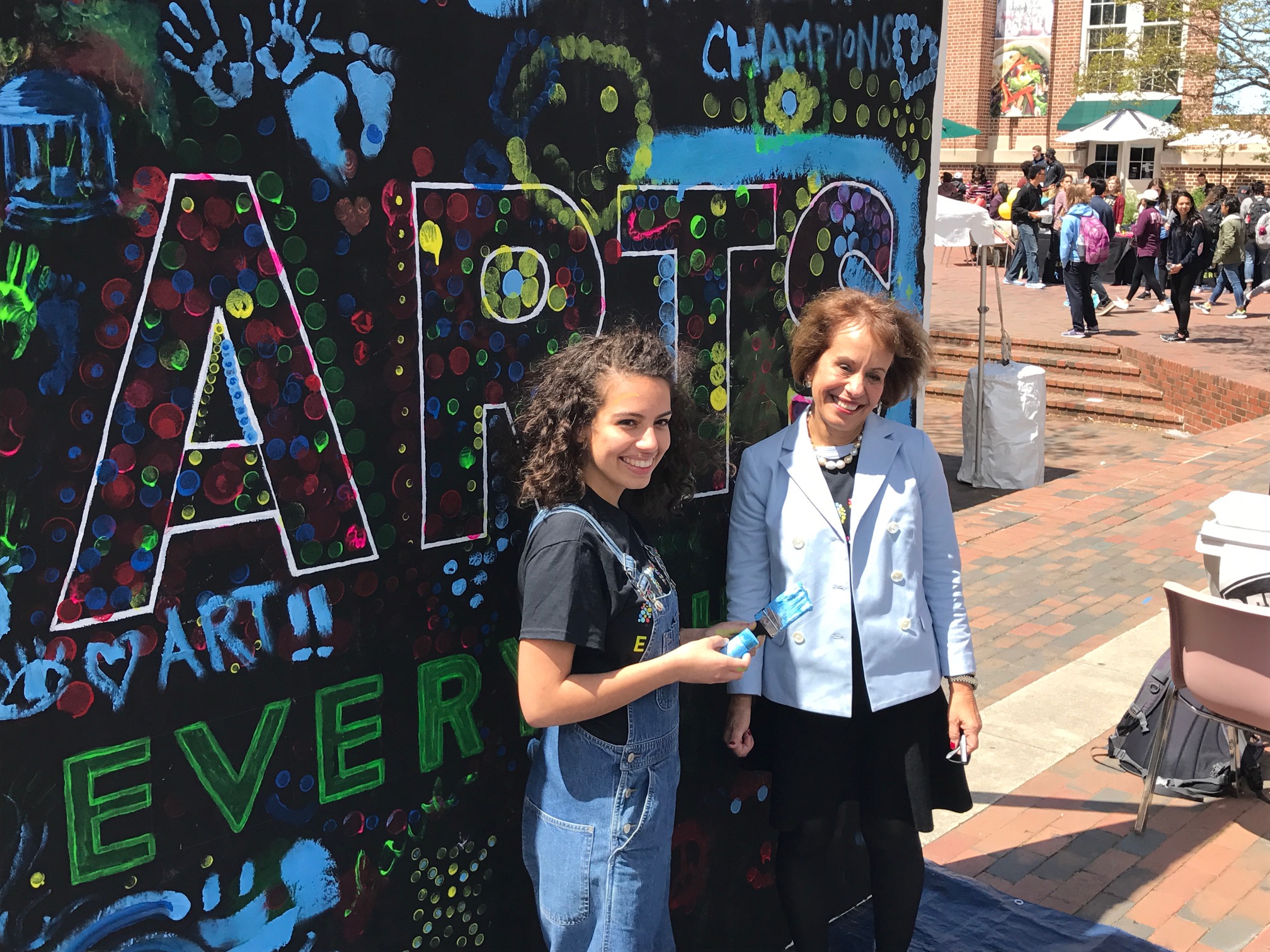
Chapel Hill, Carrboro Mayors Discuss Former UNC Chancellor Carol Folt's ImpactJanuary 31 marked Carol Folt’s last day as chancellor of UNC-Chapel Hill, bringing an end to her tenure which lasted for nearly six years for the state’s flagship public university. Chapel Hill Mayor Pam Hemminger attended Folt’s goodbye party Wednesday night where Folt was honored for all her accomplishments with the university, but Hemminger said […]
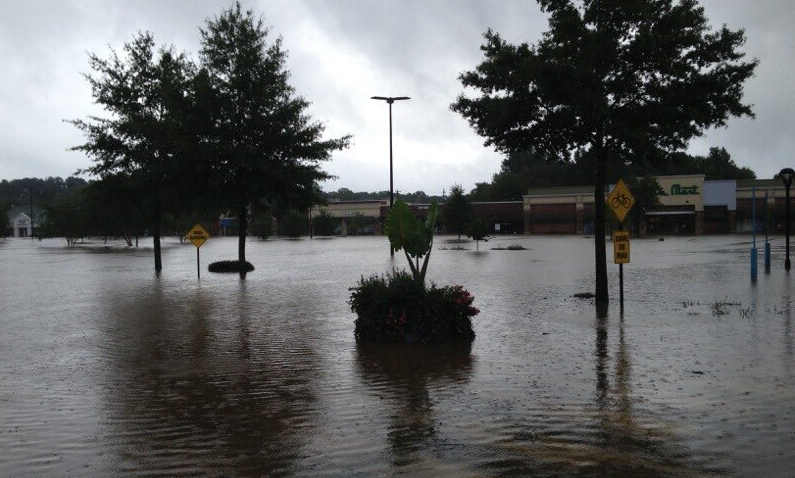
Chapel Hill, Carrboro Continuing Focus on Flooding After Hurricane FlorenceWhile over nine inches of rain brought some flooding to Chapel Hill and Carrboro, the area got through Hurricane Florence with considerably less damage than parts of eastern North Carolina. Carrboro Mayor Lydia Lavelle said part of the credit for this goes to the town’s public works department. “Even in advance of the storm, I […]
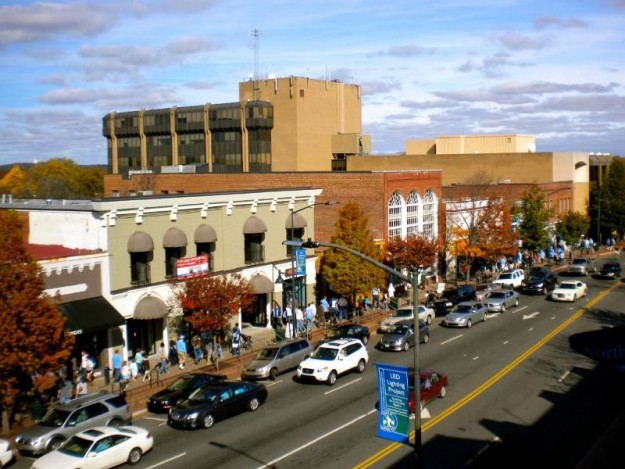
Orange County Mayors Set Sights on New Development After Re-ElectionMayors Pam Hemminger, Lydia Lavelle and Tom Stevens are turning their focus to the future of their respective towns after re-election, and a large part of that future includes development. After plans for a new Wegmans were approved by Chapel Hill’s Town Council, Hemminger says the next project they hope to tackle is finding a […]
![]()
Travel Journalist Conference Visits Orange CountyThe North American Travel Journalists Association or NATJA visit towns and cities all over for its annual conference and marketplace – this year the journalists are in Orange County from Tuesday to Thursday. “They don’t go places really that are well-known necessarily, like big cities that might have unique stories to tell,” said Carrboro Mayor […]
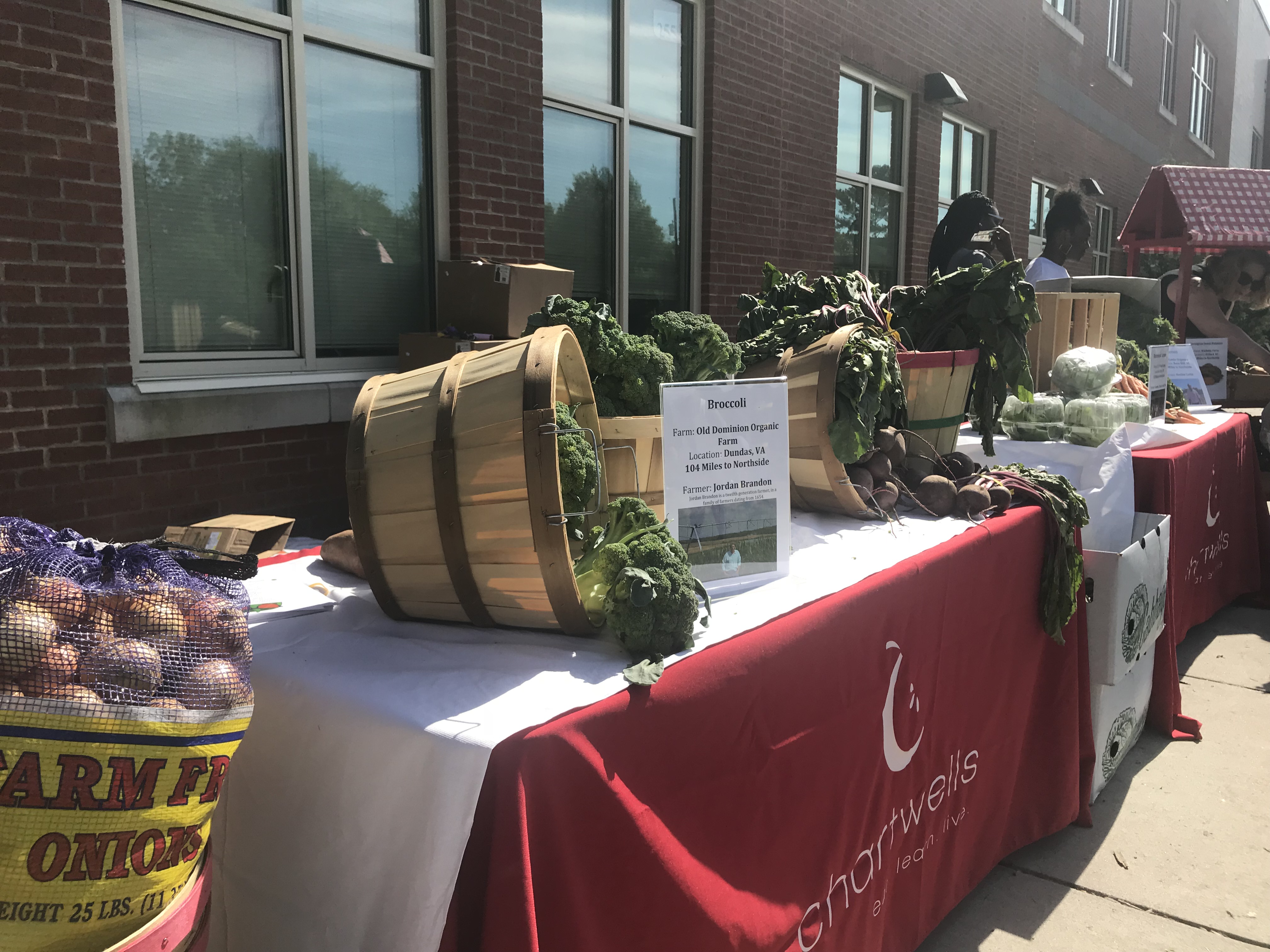
Food for the Summer Sees Growth in 2018Food for the Summer recently wrapped up its third summer after serving over 50,000 meals this year. Chapel Hill Mayor Pam Hemminger, who was a driving force in the program’s origination, said the town is working to find ways for the program to serve even more children next summer. “Lots of enrichment programs, lots of […]
![]()
Carrboro Officials Plan to Fill Vacant Board Seat in November ElectionsOfficials in Carrboro have decided on the manner in which a replacement will be selected for the position left vacant by former alderwoman Michelle Johnson. According to Mayor Lydia Lavelle, elections for that position were being considered by the Carrboro Board of Aldermen after Johnson expressed her desire to resign. “This was the way I […]

Officials Unsure Sanctuary City Bill Impact LocallyNorth Carolina operates under a law that prohibits any county or municipality from restricting local law enforcement’s ability to cooperate with federal immigration officials. Therefore, there are no technical sanctuary cities in the state. However, that hasn’t stopped different local law enforcement from choosing what to prioritize in their respective towns. But now multiple proposals […]
![]()
Sidewalk Snow Prompts Policy Augmentations in Chapel Hill and CarrboroA renewed focus on foot traffic in the midst of winter weather has led the municipal governments of Chapel Hill and Carrboro to augment their policies on clearing sidewalk obstructions. These policies currently state that occupants of commercial and multi-family buildings are obligated to maintain the sidewalks that border their properties. The Carrboro Town Code […]
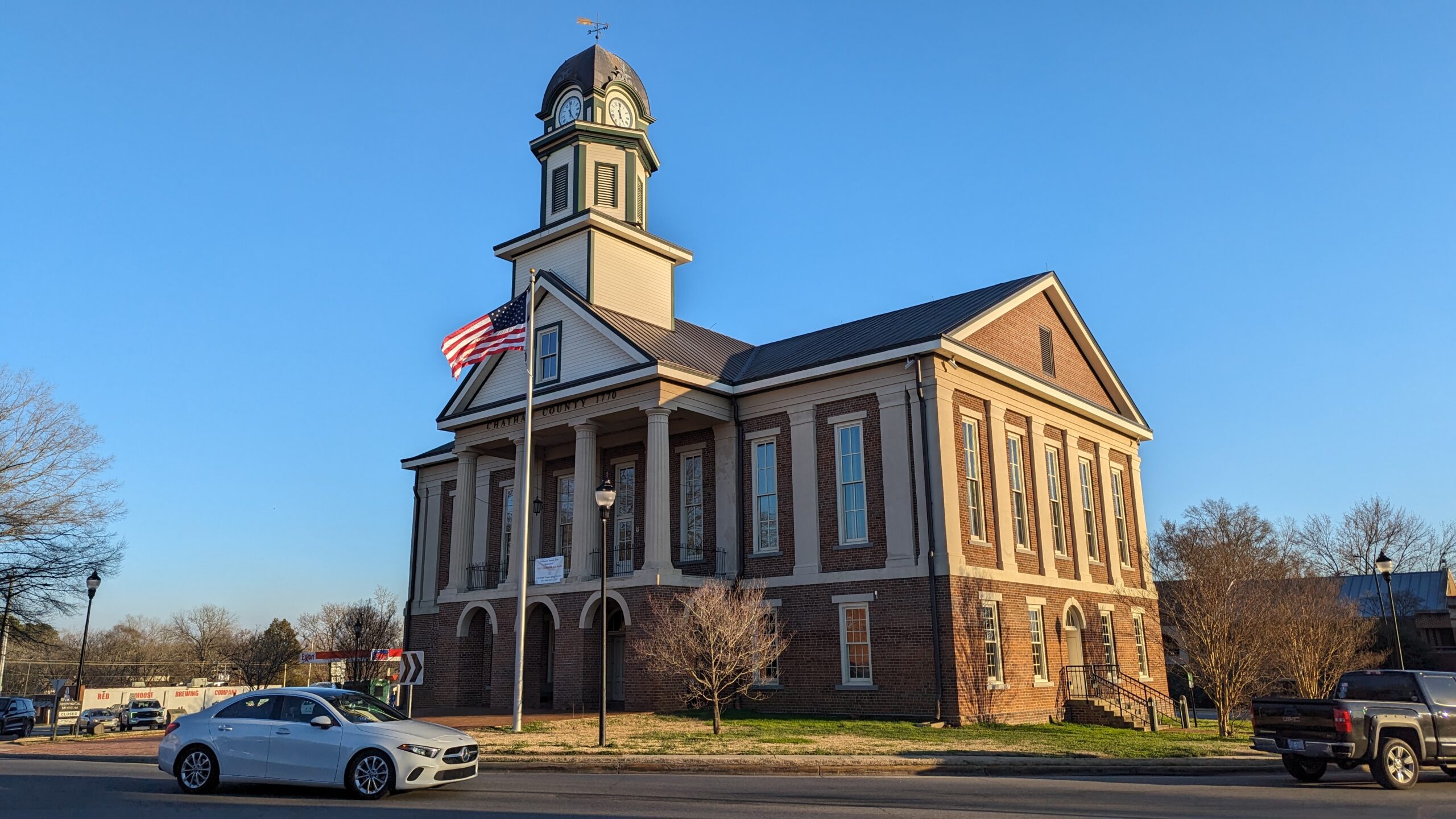
Local Government Meetings: February 9-13, 2025This week in local government: residents in Chatham County push back against Flock license-plate cameras and AI data centers.
›






